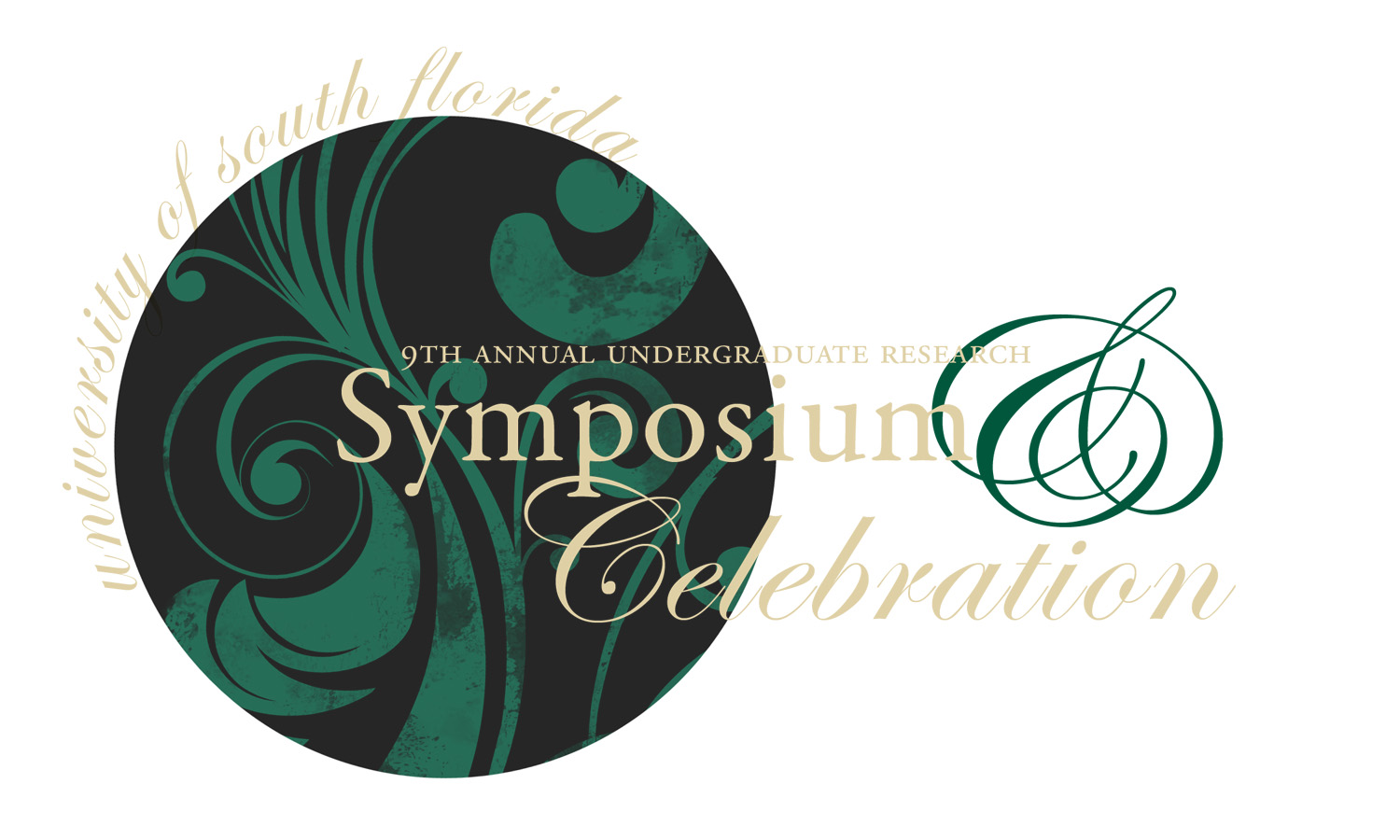Presentation Type
Poster
The effects of social stress on voluntary ethanol consumption in adulthood in male rats after pre-exposure during adolescence
Abstract
Binge drinking during adolescence is associated with similar patterns of high alcohol consumption in adulthood. The present experiment aimed to assess the effects of binge ethanol (EtOH) pretreatment during adolescence on stress-induced EtOH consumption. Using an animal model, adolescent male rats were administered saline or EtOH (1.75 or 3.00 g/kg i.p.) on PND 32-35, 39-42, and 46-49. They subsequently underwent abstinence from postnatal day (PND) 50-63. They then underwent a two-bottle choice voluntary EtOH intake paradigm in which saccharin was faded out of a 10% EtOH solution. Animals were maintained on unsweetened EtOH. From PND 79-88 rats had a two- day abstinence period in between every two drinking days. During one these two days, rats underwent a resident-intruder paradigm used to induce social stress, drinking was then assessed. Animals that were pretreated with the 1.75 g/kg dose of EtOH voluntarily consumed more EtOH than their saline-pretreated counterparts. This was also seen in those pretreated with the 3.00 g/kg dose, but the effect was delayed. The non-stressed animals pretreated with EtOH consumed more the first day after abstinence compared to their saline counterparts. This indicates that adolescent EtOH-exposed animals are more sensitive to intermittent exposure to EtOH in young adulthood.
Categories
Behavioral Sciences
Research Type
Research Assistant
Mentor Information
Cheryl L. Kirstein
The effects of social stress on voluntary ethanol consumption in adulthood in male rats after pre-exposure during adolescence
Binge drinking during adolescence is associated with similar patterns of high alcohol consumption in adulthood. The present experiment aimed to assess the effects of binge ethanol (EtOH) pretreatment during adolescence on stress-induced EtOH consumption. Using an animal model, adolescent male rats were administered saline or EtOH (1.75 or 3.00 g/kg i.p.) on PND 32-35, 39-42, and 46-49. They subsequently underwent abstinence from postnatal day (PND) 50-63. They then underwent a two-bottle choice voluntary EtOH intake paradigm in which saccharin was faded out of a 10% EtOH solution. Animals were maintained on unsweetened EtOH. From PND 79-88 rats had a two- day abstinence period in between every two drinking days. During one these two days, rats underwent a resident-intruder paradigm used to induce social stress, drinking was then assessed. Animals that were pretreated with the 1.75 g/kg dose of EtOH voluntarily consumed more EtOH than their saline-pretreated counterparts. This was also seen in those pretreated with the 3.00 g/kg dose, but the effect was delayed. The non-stressed animals pretreated with EtOH consumed more the first day after abstinence compared to their saline counterparts. This indicates that adolescent EtOH-exposed animals are more sensitive to intermittent exposure to EtOH in young adulthood.

